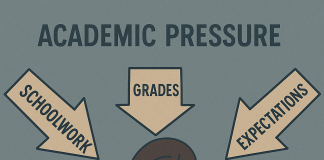The United Nations is said to meet the international goal of stopping AIDS epidemic by 2030, all concerned must double easy access to medicines in the next five years.
Michel Sidibe, the UNAIDS Executive Director, said on Tuesday in Geneva, ahead of World AIDS Day on Dec. 1, that to end the epidemic by 2030, funding would need to be increased to 31.1 billion dollars by 2020.
He noted that significant progress has already been made, but stressed the need for more push.
Sidibe said the number of HIV-positive people with access to antiretroviral drugs had jumped to 41 per cent in the past five years, up from 23 per cent in 2010.
He said since 2000, infections in children dropped by nearly 60 per cent and total infections fell by more than a third, while AIDS-related deaths had gone down by about 40 per cent since 2004.
Sidibe said at the same time there were 36.9 million people living with HIV 2014, and 2 million new infections and that AIDS-related illnesses claimed 1.2 million lives in 2014.
A recent report by UNAIDS, showed that the number of deaths and infections in Eastern Europe and Central Asia, as well as the Middle East and North Africa have climbed sharply since 2000.
He said it was not only important to increase funding, but also to develop measures that target specific local risk groups, rather than blanket countrywide policies.
“We must take HIV services to the people who are most affected, and ensure that these services are delivered in a safe, respectful environment with dignity and free from discrimination.
Meanwhile, Medecins Sans Frontieres (Doctors Without Borders) said it was especially important that countries with limited access to medicines catch up quickly.
The aid group said while nearly half of people living with HIV worldwide have access to treatment, treatment coverage drops precipitously to less than 25 per cent in countries such as Central African Republic, Chad, the Democratic Republic of Congo, and South Sudan.









